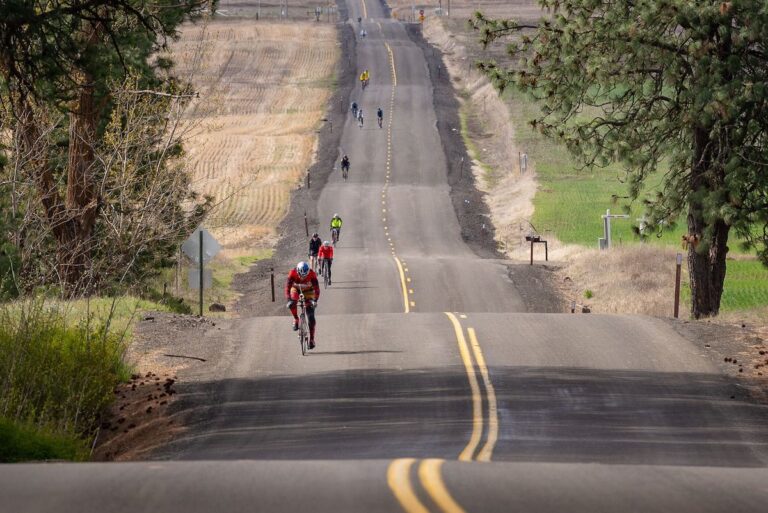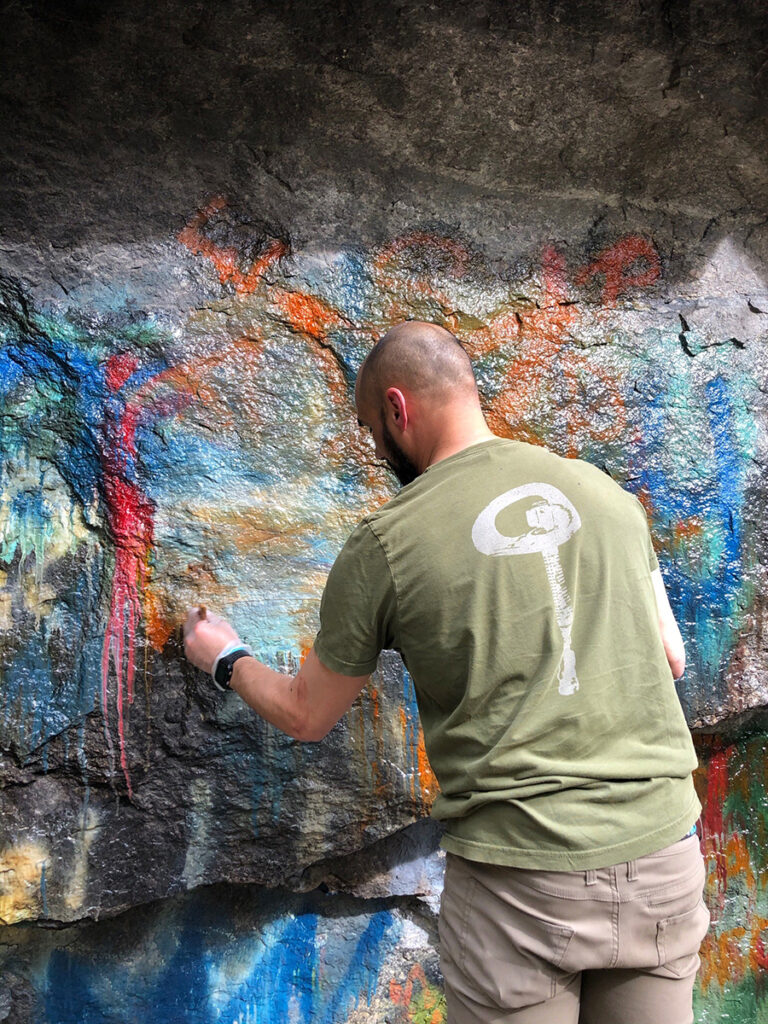I came to running as an adult, and it happened all at once after a lifetime of loathing the activity. That spring and summer, I discovered that there are dozens of footraces and fun runs in our area, and I signed up for as many of them as I could. By the time the weather cooled and the race season slowed, my bank account balance was substantially lower. I had to come up with a plan that would allow me to enjoy the fun atmosphere of races but wouldn’t cost as much. Then it struck me: I’d show up to races without registering for them, run them, and then just peel off before the finish line. I didn’t know it at the time, but there’s a term for what I was about to become: a race bandit.
I had solid excuses to bandit races: I didn’t care about official finish times. I didn’t want another t-shirt or medal. I wasn’t going to use the aid stations or porta potties. I was just pacing a friend. I wasn’t trying to make it to the podium. And of course, it saved me money. So what did it matter if I poached a race here and there?
Over and over, race directors agree that people have no idea how much time, effort, and expense go into organizing an athletic event. “It can be a misconception that the only expenses a race fee goes toward are a shirt and a finisher medal,” says Ken Eldore, race director for Priest Lake Multisports. “Overhead like electronic timing, traffic control, sanitation, and course set-up can be expensive. There is a great deal of time and expense by staff members months before race day. A race bandit is cheating the organizers, who have worked in good faith to produce a quality race. Bandits also cheat the registered participants who paid a fair fee, as well as any charity beneficiaries of the race.”
Dave Dutro, Trail Maniacs founder and race director, agrees about the behind-the-scenes efforts at races. “Safety and liability are my biggest concerns. If a runner just shows up and poaches the run, the race director has no idea who they are or who to contact if they are hurt or lost. This strains our search-and-rescue efforts and could raise our insurance costs. These are issues that could make race entries skyrocket – or end the events forever,” Dutro warns.
The hidden expenses of city and county permits as well as police support and traffic control are a serious consideration for Scott Ward, race director for Troika Triathlon. Those expenses increase his frustration with bandits, who take advantage of race-day benefits meant for paying participants. “Some have even tried to get t-shirts at the end. It is stealing in every fashion,” Ward says.
Paying for and supporting local races is an investment in our unique region. Many of the local organizations that host races give their proceeds to worthy charities, educational programs, and nonprofit organizations in our immediate community. Holly Weiler directs the Foothills Scenic Five run. “Our fun run serves as community gathering and fundraiser,” Weiler explains. “It supports the Foothills Rural Association, a 501c4. We’re satisfied if the fun run and associated pancake breakfast break even, but any profits help support community events and an annual scholarship awarded to college students who live within the Foothills boundaries. Potential bandits should understand that this is the type of organization they’d be stealing from.”
Weiler goes on to praise the Bloomsday Road Runners Club. “Something that most folks don’t know about BRRC is how much they support the local high school cross-country programs. If any local coach knows of a high school kid who cannot afford good running shoes, they can contact BRRC, which will make sure the kid receives shoes for free. In a BRRC race, all of the money stays local and a good portion of it supports local high school runners. A race bandit at a BRRC event like the Spokane Marathon would be stealing from both a great local non-profit and from local high school kids.”
I’m glad to report that my life as a bandit was short-lived. Sure, my registration fees pay for a shirt, an orange slice, and a timing chip. But there are far better, intangible benefits: the cheers of spectators, the help from volunteers, the competition with fellow athletes, and the adrenalin of the moment – all things that I simply can’t replicate on a long, solitary training run.
“My greatest motivation for being a race director,” says Eldore, “is that it allows me to see many other participants’ stories on race day unfold. I have yet to produce a race in which I did not reach for Kleenex as someone met (or failed to meet) something bigger than themselves. When we watch people bandit a race, they take away part of the dignity and value the rest of us are trying to achieve.” //
Janelle McCabe wrote about Scottish Lakes High Camp in January.












